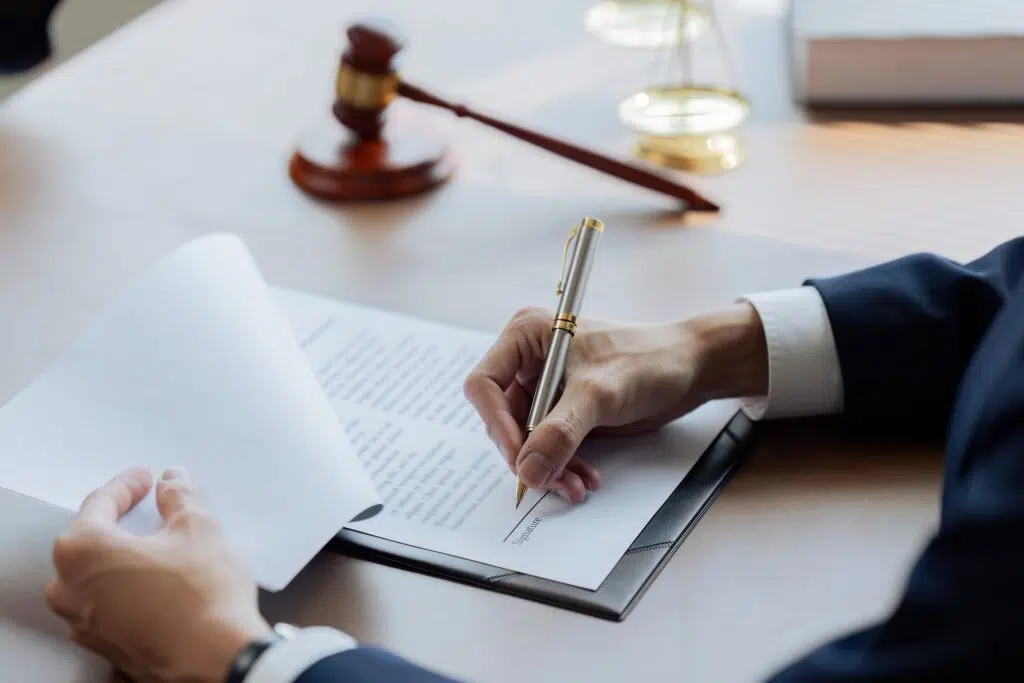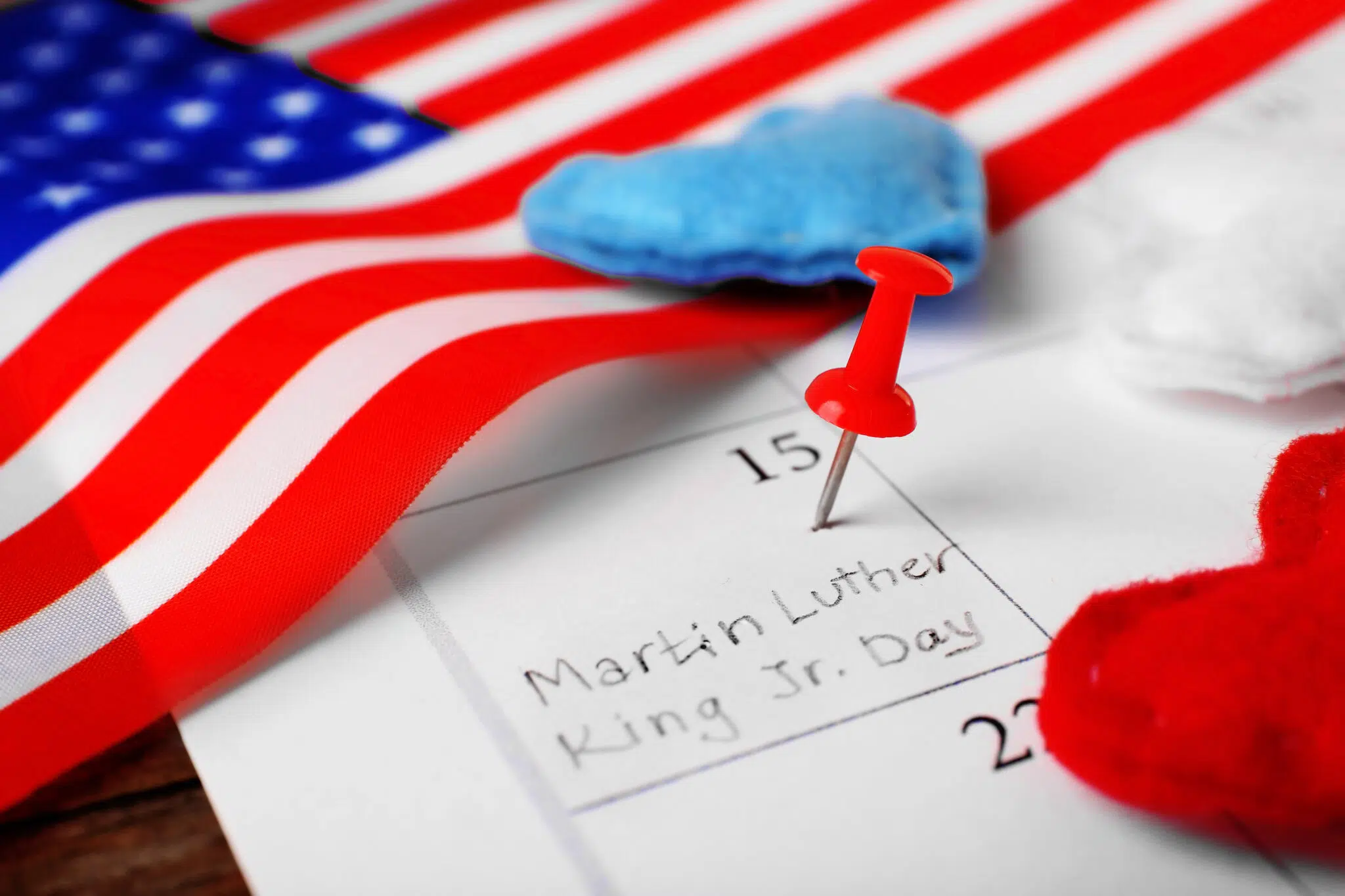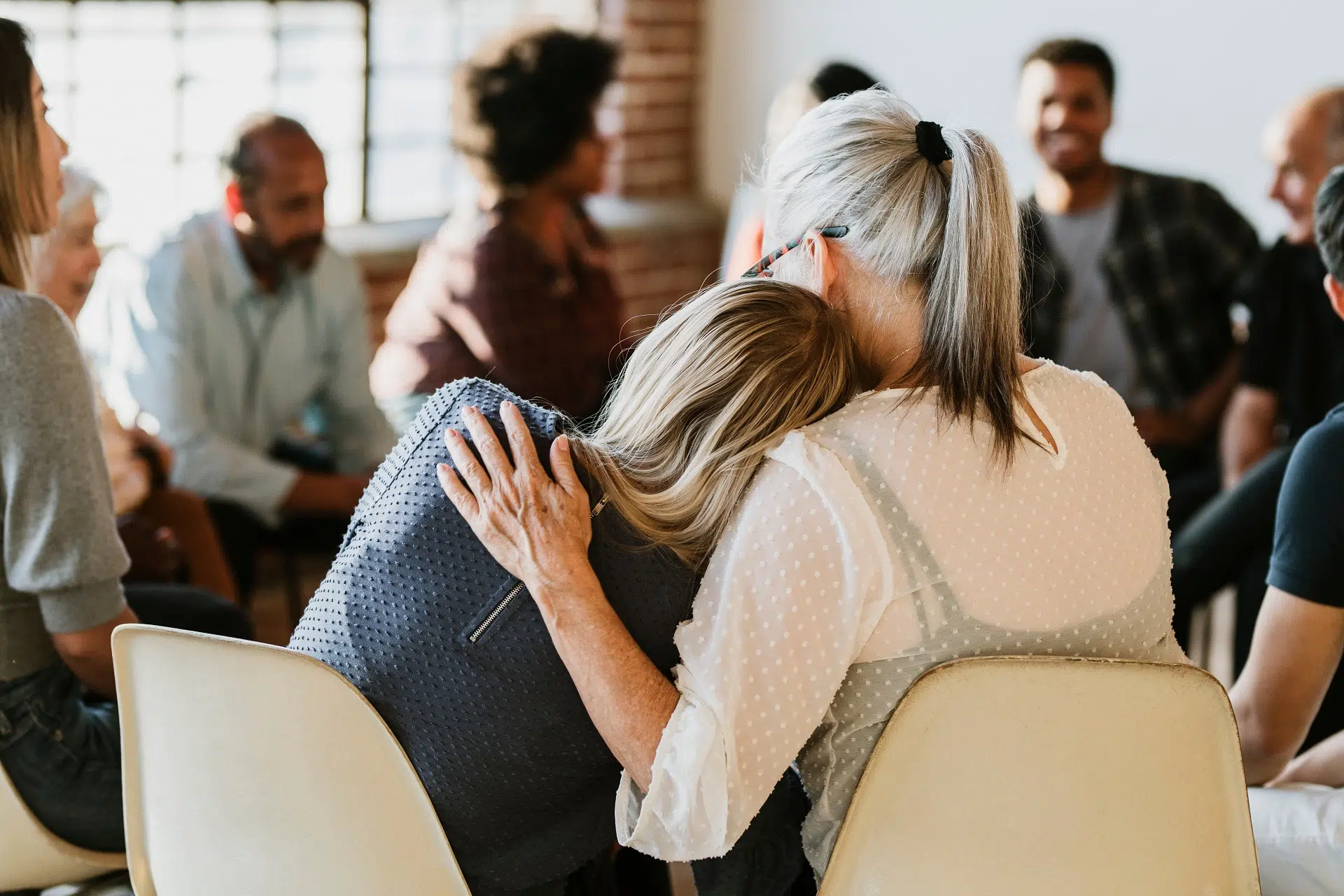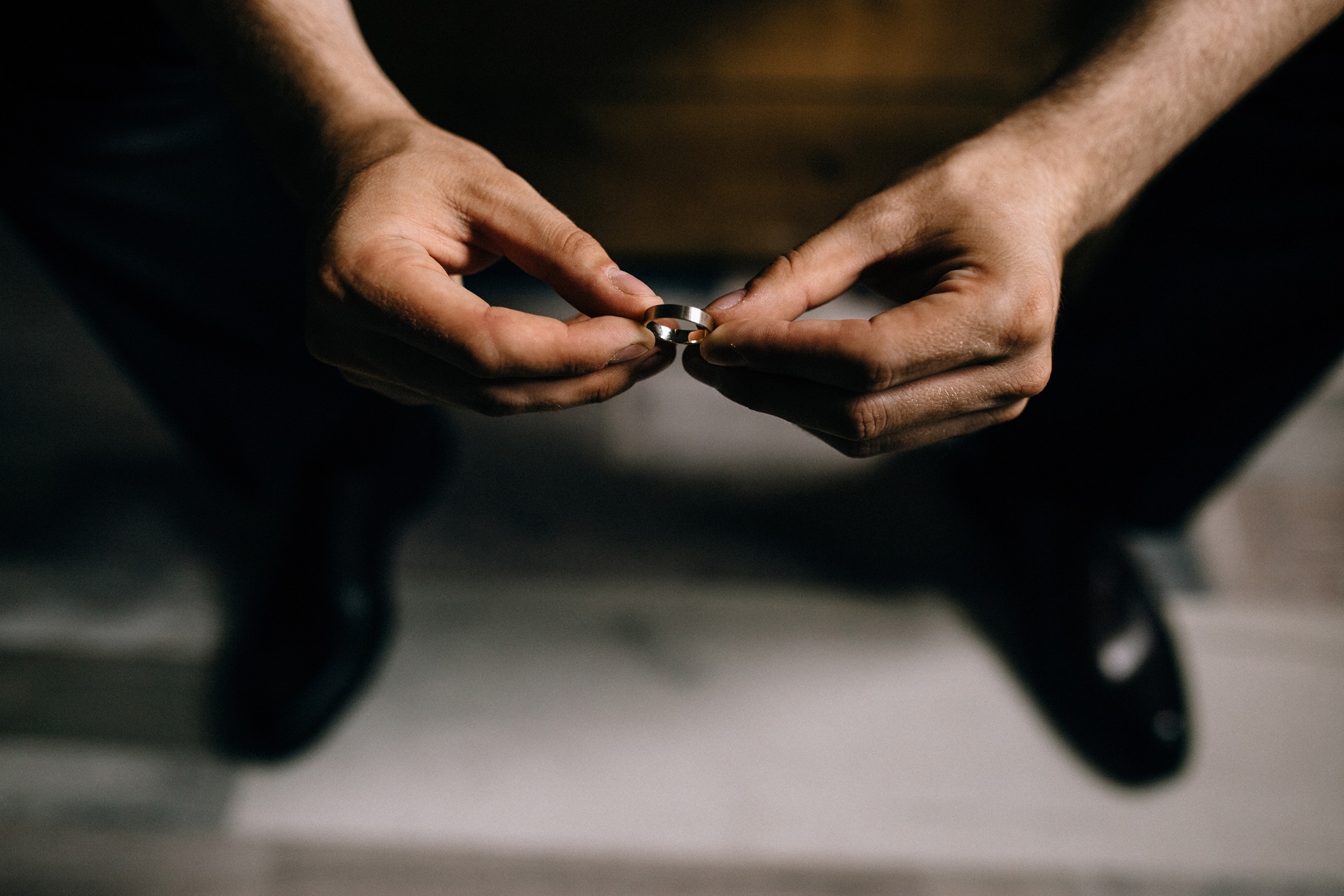Educating the Community: Preventing Domestic Violence in Seattle
Anyone involved in an intimate relationship understands that disagreements are inevitable. While minor arguments tend to resolve relatively quickly, some disputes may require considerable time and effort on the part of both parties to work through their differences. Although many couples are able to resolve their arguments without emotions escalating to the point of violence or verbal abuse, such incidents can occur in some romantic relationships. When most of us hear the term “domestic violence,” we tend to picture an unhealthy dynamic in which a domineering male inflicts physical harm on a fearful, powerless female partner. However, unhealthy relationships can include abusers and survivors of any gender, sexual orientation, or age. According to the National Coalition Against Domestic Violence (NCADV), one in three women and one in four men have experienced some form of physical violence by an intimate partner, such as slapping, shoving, or pushing. Although women between the ages of 18 and 24 are most commonly abused by an intimate partner, older individuals and men can also suffer domestic violence at the hands of a spouse or dating partner. Unfortunately, many myths and inaccurate assumptions still persist about domestic violence, and these misconceptions can prevent or dissuade survivors from seeking and securing the legal protections they need to escape an abusive relationship.
In recent years, survivor advocacy groups have increased their efforts to educate the public about the risk factors and hazards of domestic violence in intimate relationships. For example, the NCADV states that 72 percent of all murder-suicides involve an intimate partner, and 94 percent of the victims of these murder-suicides are female. When survivors believe they are trapped in an abusive relationship, they often are subjecting themselves to acts of escalating violence—and, in some cases, this abuse can be fatal. Whether the person you have just married is starting to control or harm you or you are exploring your options for escaping a long-term relationship with an abusive partner, it’s essential to understand that you are never alone. It’s natural to feel overwhelmed and intimidated right now, but there are several sources of support available to help you move towards a brighter and safer future. Let’s take a closer look at some of these resources you can explore to ensure that you can get out of harm’s way for good.
Recognizing Acts of Domestic Violence in Washington State
First, it’s helpful to understand what the term “domestic violence” means, as many victims are unsure whether the abuse they are suffering at the hands of an intimate partner is “serious” enough to be considered domestic violence. According to the Seattle Police Department’s Domestic Violence Unit, “Domestic violence is NOT about getting angry or arguing—but it IS about power and control. It is a pattern of harmful behavior by one person intended to control another person within a romantic, intimate, or family/household member relationship.” While most of us recognize that physical abuse constitutes domestic violence, there are other behaviors that qualify as acts of domestic violence. For example, inflicting verbal abuse on a partner by insulting, blaming, or threatening them can be considered forms of domestic violence, as can emotional manipulation or attempts to control or limit a partner’s activities, mobility, or freedom. Essentially, any attempt to exert control over someone’s autonomy can qualify as domestic violence.
Finding Resources to Help Domestic Violence Survivors
The one thing that all survivors of domestic violence share is a sense of fear. Although every survivor’s story is different, they are united by their concern for their safety, especially when they picture themselves taking steps to leave their abuser. Many people who have never been in an abusive relationship fail to understand why survivors “choose” to remain in an unsafe and unhealthy marriage or partnership. They wonder why someone who is suffering from acts of violence or coercive control cannot just walk away. The reality is that survivors are legitimately concerned about how their abusive partners would respond to any attempts to end the marriage or relationship, so they may feel trapped and powerless to change the situation. However, as hopeless as things may seem right now, it’s essential to recognize that there are several resources available to survivors of domestic violence. Below are just a few of these services that are ready to help and support domestic violence survivors in the Seattle area.
Washington State Coalition Against Domestic Violence
The Washington State Coalition Against Domestic Violence (WSCADV) displays its mission statement on its website: “We are creating communities where all people can live and love without fear.” The WSCADV strives to help survivors explore their options for living safely and independently from abusive partners, feel empowered to make their own choices, and establish connections with others in their communities. The website provides a list of resources throughout Washington, such as the Salvation Army, the Domestic Abuse Women’s Network, the Northwest Immigrant Rights Project, and many other crisis centers focusing on serving the needs and protecting the rights and safety of survivors.

Seattle City Attorney
A number of resources and services that are available for domestic violence survivors appear on the website of the Seattle City Attorney’s Office. The list includes services that address the specific needs and considerations of survivors, such as their immigration status or cultural background. For example, the Korean Women’s Association, the Jewish Family Service Project DVORA, the Abused Deaf Women’s Advocacy Services, and the Northwest Network for Bisexual, Trans, & Lesbian Survivors of Abuse all appear on this comprehensive and diverse list of resources.
Seattle’s Domestic Violence Unit Encourages Survivors to Stay Safe
The Seattle Police Department’s Domestic Violence urges survivors to take certain steps to plan for their safety and that of their children. Their website encourages survivors to discuss a safety plan with a Domestic Violence Victim Advocate by contacting any community-based agency or law enforcement. They suggest that survivors plan ahead to minimize the risk of suffering harm at the hands of an intimate partner by recognizing the signs of abuse, establishing a safe place to go where the abuser cannot find them, packing important items in an overnight bag, and stashing this in a hidden place away from the eyes of the abuser, and obtaining a phone that cannot be monitored by the abuser, among other steps. In many cases, creating a plan can help survivors feel more in control of their lives, which empowers them to take the necessary steps to leave the abusive relationship for good.
Seeking Legal Protection to Keep Survivors Safe
In addition to seeking support and guidance from a community-based agency or crisis hotline, you should consider discussing the specifics of your situation with a trusted and empathetic Seattle divorce attorney. Working with a knowledgeable lawyer is the best way to understand your options for keeping you and your children as safe as possible while you pursue a divorce or legal separation from an abusive partner. For example, your attorney can help you petition the court to issue a protection order that prevents your abuser from contacting, threatening, or stalking you as you move through the process of ending your relationship.

Domestic Violence Protection Orders
Domestic Violence Protection Orders (DVPOs) are obtained by petitioning the court to issue an order shielding the petitioner from harm or harassment from their abuser. As you complete your DVPO petition to file with the court, you will provide details of the abuser’s behavior and the types of protections you are seeking. For instance, you can request that the DVPO restrain the abuser from certain behaviors (calling or texting you, communicating with you via social media, showing up at your place of work, etc.) or from visiting specific locations (your residence, office, or child’s school). Any violation of the DVPO will subject the abuser to legal consequences, including arrest, fines, or even jail time.
Empowering You to Regain Control of Your Life
Enlisting the guidance of an experienced and caring Seattle divorce attorney not only enables you to put legal protections in place to keep you and your children safe—your lawyer can also provide you with much-needed emotional support during this challenging and uncertain time. Many survivors of domestic violence feel isolated as they attempt to leave a relationship in which their abusive partner monitors their actions and cuts them off from friends and family members. As you start to lay the groundwork for your future, your attorney will encourage you to rebuild relationships with your loved ones and forge connections with other members of your community. No matter what the specific details of your situation may be, you can trust that your compassionate attorney will work with you to identify the most strategic path forward to ensure that you can enjoy a brighter and more stable future.
If you are a survivor of domestic violence and need help pursuing a divorce or legal separation in the Seattle area, the compassionate and dedicated legal team at the Hemmat Law Group is here to assist you. We encourage you to call our office today at (206) 682-5200 to discuss your options with a trusted and caring divorce and family law attorney.
The Hemmat Law Group (HLG) was founded in 1994 by Steven Amir Hemmat, a former DOJ Trial Attorney. We specialize in family law, supporting victims of the legal system.
The Hemmat Law Group help good people in bad situations.
Our lawyers provide expert legal advice connected to protection orders, including in cases of domestic violence, stalking, and neighbor disputes. Contact us today.













